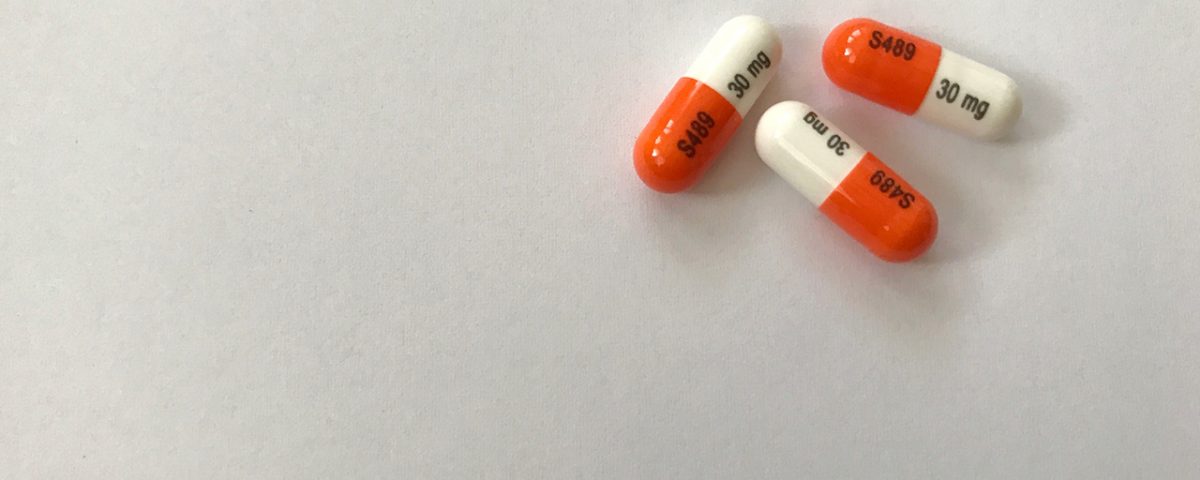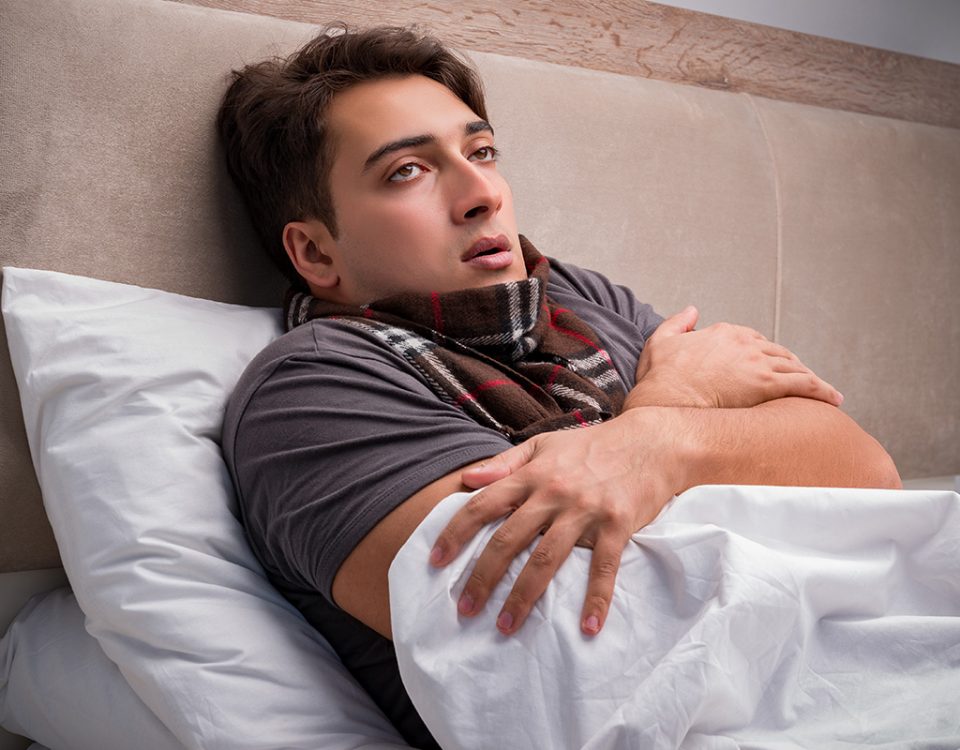Vyvanse is a central nervous system (CNS) stimulant that’s prescribed to treat attention-deficit hyperactive disorder (ADHD).
Although both are derivatives of amphetamine, Adderall and Vyvanse differ in that Vyvanse contains lisdexamfetamine, which the body converts to dextroamphetamine before it’s active, making it a “prodrug.” Prodrugs are drugs that must undergo chemical conversion by metabolic processes before they’re active in the body. Because Vyvanse is a stimulant, it also has a potential for abuse and addiction. Understandably so, many people who take this medication wonder, “Can you overdose on Vyvanse?” Our Banyan Stuart rehab center is offering some more information.
What Is Vyvanse?
Also known by its generic name, lisdexamfetamine dimesylate, Vyvanse is a medication that’s prescribed to treat attention-deficit hyperactivity disorder (ADHD) and binge eating disorder (BED). Usually, people who are taking this prescription drug for these conditions take one pill every day in the morning. Vyvanse is a CNS stimulant that increases the activity of neurotransmitters dopamine and norepinephrine in the brain.
Dopamine plays a role in pleasure and reinforcing pleasurable behaviors, including sex, eating, and drug abuse. Because Vyvanse activates this chemical, it’s possible for someone to become addicted to it. For people who take this medication for their ADHD symptoms, it’s important to only take it as prescribed and directed by their doctor. Otherwise, addiction may occur, and prescription drug addiction treatment may be needed.
Is It Possible to Overdose on Vyvanse?
Yes, you can overdose on Vyvanse. Not only can you overdose, but untreated symptoms can also lead to death. Despite it being a prescription drug, a lisdexamfetamine overdose can occur accidentally if the individual takes more than the prescribed or recommended dose. They are also confronted with this risk when they attempt to combine Vyvanse with other drugs or substances like alcohol. If the person is addicted to Vyvanse or has a family history of drug abuse, they’re more likely to abuse stimulants, increasing their risk of overdose.
Signs That Your Vyvanse Dose Is Too High
It is crucial to be able to recognize the signs that you are taking too much Vyvanse. Being able to spot the indicators early can greatly reduce the user’s chance of experiencing an overdose. One important sign to consider is an increase in restlessness and agitation. A person may indicate these signs via uncontrollable fidgeting, the constant need for movement, and an accelerated heart rate. This can also result in noticeable feelings of anxiety, where users may feel significantly overwhelmed, even by seemingly easy or stress-free tasks.
Another potential indicator is a significant decrease in appetite. While the drug is known to reduce appetite by a reasonable amount, this loss in excess may be a signal that the dosage of Vyvanse is too high. As a result, the user may experience harmful levels of weight loss, poor nutrition, and potential harm to their overall wellness. This makes monitoring changes in eating patterns crucial, along with consulting with a doctor if issues do arise.
A person's Vyvanse dosage may also be too high if they experience frequent and severe side effects such as severe headaches, lightheadedness, or trouble sleeping. The everyday functioning and general quality of life may be hampered by these symptoms. Any adverse effects that are alarming must be immediately reported to a healthcare provider in order to decide on the proper dosage adjustment or alternative treatment choices.
Vyvanse Overdose Symptoms
So, what happens if you overdose on Vyvanse? The lethal dose of Vyvanse is anything over 1,000 milligrams (mg). As a stimulant, this drug activates norepinephrine, which plays a role in functions like heart rate, breathing, and blood pressure. When toxic or high doses of Vyvanse are taken, all these functions are impacted, increasing the individual’s risk of heart problems and even death.
Signs of Vyvanse overdose include:
- Restlessness
- Tremors or shaking
- Rapid breathing
- Elevated heart rate
- Extremely high or low blood pressure
- Overactive reflexes (twitching or spasms)
- High fever
- Hallucinations
- Paranoia or nervousness
- Aggression or irritability
- Nausea and/or vomiting
- Diarrhea
- Abdominal cramps and pain
- Convulsions
- Coma
Vyvanse overdose symptoms can have long-lasting effects. Complications from overdosing on Vyvanse may include high body temperature, muscle breakdown that can cause rhabdomyolysis, liver damage, cognitive deficiencies, and even death.
What to Do if a Vyvanse Overdose Occurs
A drug overdose is a serious condition that can become fatal if the individual doesn’t receive medical treatment in time. If you or some you know displays any Vyvanse overdose symptoms, call 9-1-1 or seek emergency medical treatment immediately. Furthermore, accidental overdoses are often a sign of drug addiction. If you suspect that your loved one has this problem, the wisest course of action is to get them professional addiction treatment.
At the Stuart, Florida, Banyan Treatment Center, we offer different levels of substance abuse care to ensure that our patients have everything they need to recover. Because every patient’s substance use disorder is different, their treatment should be individualized to meet their needs.
To learn how we can help, call us anytime at 888-280-4763 to speak to a team member about our Florida addiction treatment.
Related Readings









